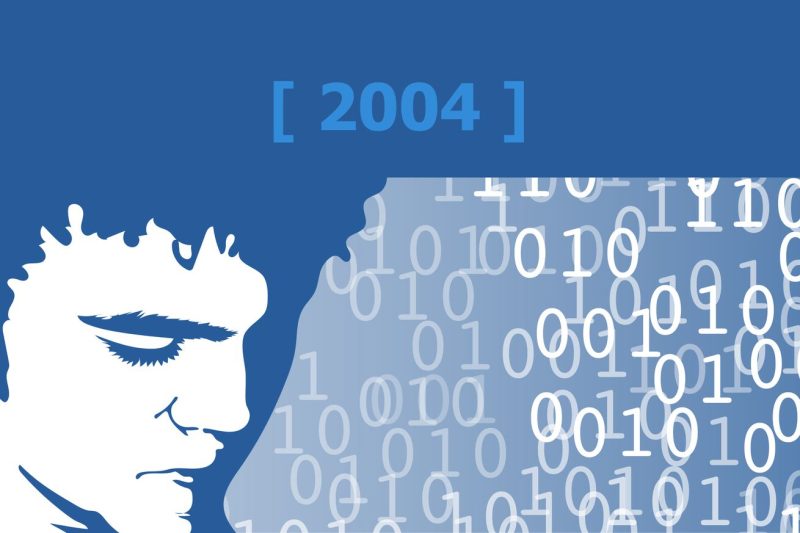In the digital age, the power of social media platforms cannot be underestimated. Facebook, with its global reach and vast user base, has become instrumental in shaping and disseminating information across the internet. The link between Facebook and its ability to thrust topics and content into the limelight has become a key focus for many individuals and organizations.
Facebook has emerged as a powerful tool for individuals to put themselves out there, presenting an opportunity to reach a vast audience with just a few clicks. By sharing content on this platform, users have the potential to instantly connect with friends, followers, and even strangers who share common interests. In doing so, individuals have the ability to amplify their message, whether it be personal anecdotes, creative endeavors, or news-based articles.
The ease of sharing on Facebook has democratized the process of getting noticed. Small businesses, independent artists, and budding journalists can all benefit from the platform’s wide reach. By strategically leveraging features such as Facebook Pages, Groups, and targeted advertising, users can promote their work to specific demographics, ensuring that their content reaches the right audience.
However, the sheer volume of content on Facebook poses a challenge for individuals looking to stand out. With countless posts competing for attention, users must navigate algorithms and engagement metrics to ensure that their content rises above the noise. Factors such as timing, relevance, and visual appeal play a crucial role in capturing the attention of users scrolling through their news feeds.
Moreover, the issue of algorithmic bias is a growing concern for many users. Facebook’s algorithms determine which content is prioritized in users’ feeds based on factors such as engagement, recency, and relevance. This can lead to echo chambers where users are exposed primarily to content that aligns with their existing beliefs and interests, potentially limiting exposure to diverse viewpoints.
Despite these challenges, Facebook remains a valuable platform for individuals looking to put themselves out there. By embracing best practices for content creation, engagement, and community building, users can leverage the platform’s potential to reach a global audience and make a meaningful impact.
In conclusion, Facebook has undoubtedly revolutionized the way individuals present themselves and their content to the world. Through strategic use of its features and a keen understanding of its algorithms, users can navigate the digital landscape and put themselves out there in a way that is authentic, engaging, and impactful. By harnessing the power of Facebook, individuals can amplify their voices and connect with others in ways that were previously unimaginable.

